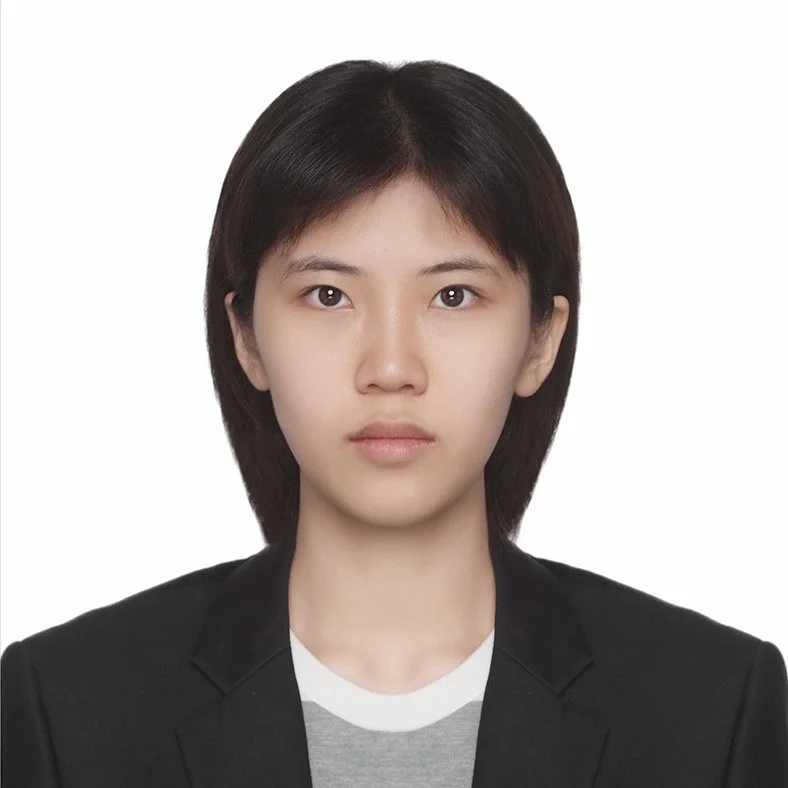JCC: The Elephant & The Whale, 216: The Second Punic War — Rome
APPROXIMATE COMMITTEE SIZE: 25 delegates
The wolves of war circle once more. Carthage, Rome’s great rival across the Mediterranean, grows bolder by the day, testing the resolve of the Senate and the might of the legions. As delegates representing the Roman Republic, you inherit a state both ascendant and imperiled. On one hand, Rome’s discipline, military prowess, and expanding influence have made it the envy of the world. Yet cracks threaten the foundation of the Republic. The Senate itself is divided between factions eager for conquest and those weary of perpetual war. Resources are strained: the constant demand for men and arms has bled the countryside, while merchants clamor for secure trade routes against Carthaginian disruption. Meanwhile, questions of legitimacy and leadership loom large — will Rome’s unity under the Senate and its consuls hold fast, or will individual ambition undermine the Republic from within? Beyond Italy’s borders, allies demand protection and enemies seek opportunity in Rome’s distraction. As Carthage maneuvers to challenge Roman dominance, the Republic must decide whether to crush its rival once and for all or risk being undone by hesitation, disunity, or hubris.
CHAIR: Kimmy JEON
CRISIS MANAGER: Norman Wang
ISSUES TO CONSIDER
Should Rome Fight Defensively or Take the War to Carthage?
Ensuring the Loyalty of the Italian Population and Allies
Political Implications of Military Defeats for Authority and Leadership Figures
LEARNING OBJECTIVES
Understand the challenges of defending a large and diverse republic under threat of foreign invasion.
Assess the political consequences of military decisions.
Develop approaches for preserving internal cohesion and external alliances during wartime.
About the Chair
Kimmy Jeon is a member of Georgetown University’s class of 2028 studying Physics. She’s especially interested in biotech, engineering, and social impact work, and has competed in the International Genetically Engineered Machine (iGEM) competition, earning multiple awards. Kimmy holds several patents for inventions like a 3D-printed prosthetic and a visual display for the visually impaired. At Georgetown, she’s involved with the Business and Healthcare Association, the National Marrow Donor Program chapter, and the Undergraduate Student Association. She also volunteers with organizations like e-NABLE and See3D, helps lead prison justice and education initiatives, and founded a nonprofit supporting Ukrainian refugees. She is excited to see you all in DC for NAIMUN LXIII!
About the Crisis manager
Norman Wang is a member of the class of 2026 studying International Economics at Georgetown University’s Walsh School of Foreign Service. Originally from Shanghai and having grown up in Canada, Norman speaks Mandarin, English, and French. On campus, he is passionate about applying data analysis to global economic challenges and is especially interested in economic consulting, international development, and the political economy of technology. Outside of academics, he enjoys playing jazz on the saxophone. Norman is excited to be part of Organ and contribute to a dynamic and meaningful experience!



